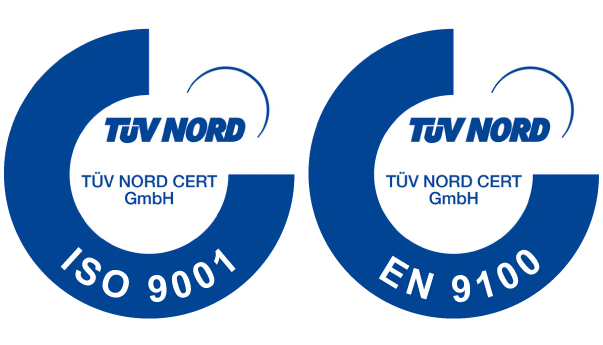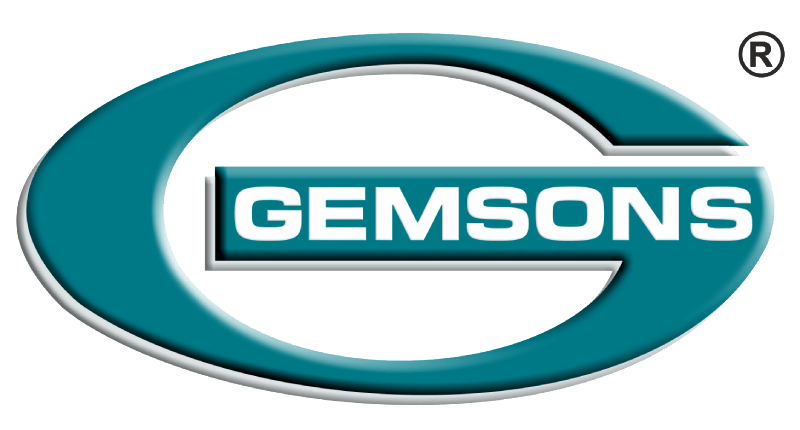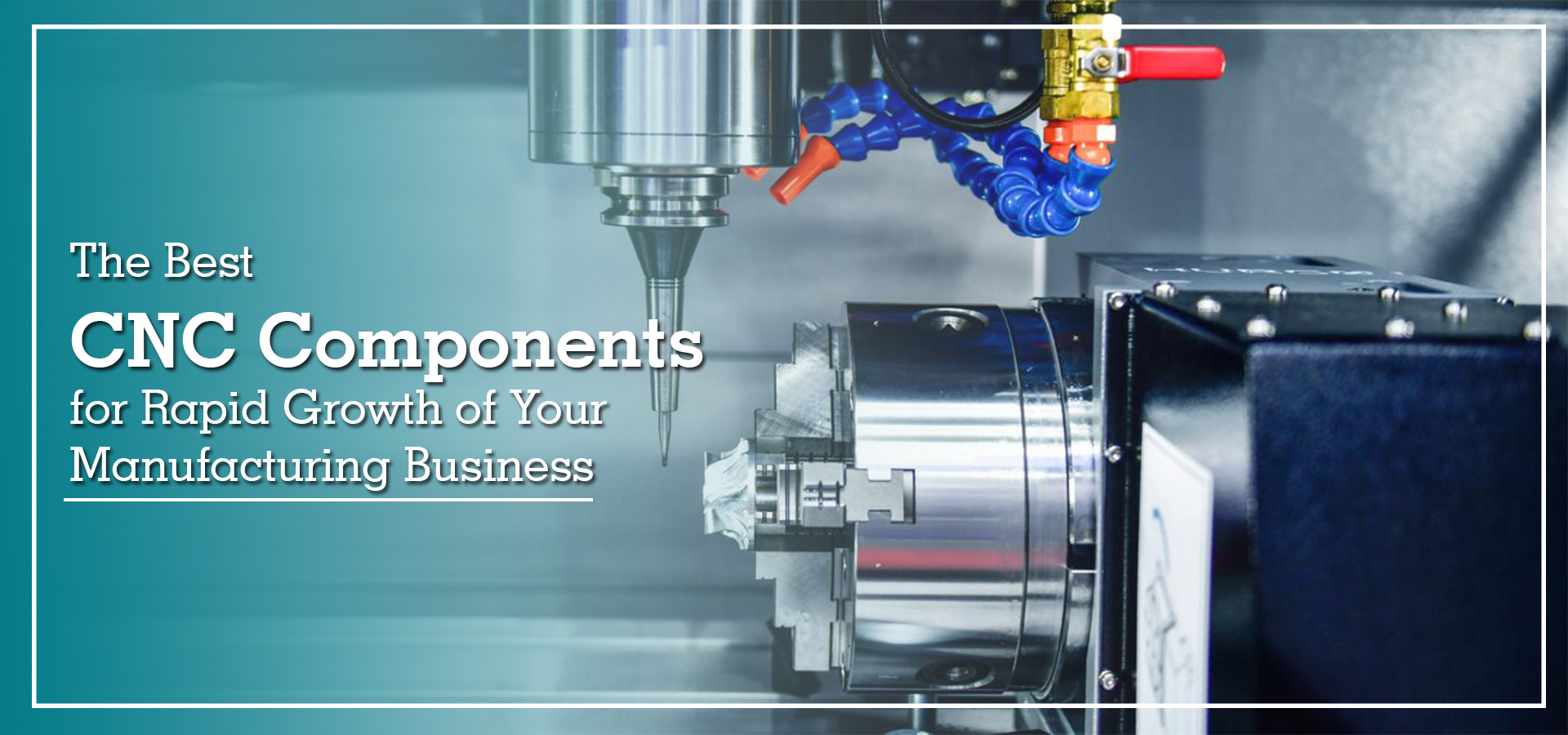Change is the only constant thing in manufacturing and machine tooling. New CNC turned components and techniques have revolutionized machining and production. New machine design ideas and developing CNC technology have improved factory quality and productivity globally.
It is now feasible to combine various machining techniques on a single machine. Engineers in the area are constantly researching and innovating. This allows manufacturing plants worldwide to increase their production capabilities and capacities.
Let us examine some new production trends and the newest CNC turned components.
Lower long-term manufacturing costs
Manufacturers should no longer focus on short-term improvements in productivity ideas like life cycle management. While inexpensive machine tools may save you money now, they may cost you more in the long term. Longer production delays rework and troubleshooting. The solution lies in your CNC machine tool’s long-term durability, accuracy, and stability. They may save expenses by requiring less operator training and machine maintenance and reducing downtime costs.
High Mix – Low Volume
Companies nowadays are under tremendous pressure to produce CNC turned components quickly and cheaply. While doing so, they must maintain manufacturing process flexibility to accommodate new components and volume changes. More made-to-order components in lower quantities are needed due to increased product variety. Agility is emphasized in ideas like lean manufacturing.
You need multi-function machining solutions to increase productivity while lowering unit costs and preserving component and machining flexibility. The new generation of consumers wants to buy in smaller batches to prevent needless inventory. Multi-function machines are favoured over conventional machines. This is because they are simpler to switch between tasks.
Greater Part Complexity
The automotive, aerospace, medical, and optical sectors have a rising demand to produce complicated components. While 2 to 3 axis lathes were formerly popular, the trend currently favours machines with Y-axis and sub-spindles. The increasing work complexity needs these more advanced devices.
To satisfy this increasing demand, machine tool makers must continually improve their research and development skills. Multi-tasking and multi-axis CNC machine tools are now accessible to manufacture more complicated components, thanks to the tireless work of researchers and toolmakers.
Multi-axes machines may increase productivity by performing secondary operations in a single setup. Multiplex Machining provides for increased productivity, improved machining stability, and lower manufacturing costs. These tools combine turning and milling.
Better Machine Tools
The need for precision machining centres is growing as sectors like mould & die and automotive require better tolerances and surface characteristics. While cheaper equipment may be initially cheaper, it cannot meet the need for more excellent quality and complexity. CNC turned components offer incredible precision, accuracy, and surface finishes assured by its gantry-designed structure.
Automated Machining
Innovative machining technologies and automated production cells are required to fulfil manufacturing needs. Practical and cost-effective automation solutions are chosen to fulfil demand in low-cost regions.
Intelligent machines using AI can combine many activities and processes into a single, more efficient operation. They can achieve greater accuracy, better quality components at lower prices, and eliminate the need for human intervention.



Recent Comments